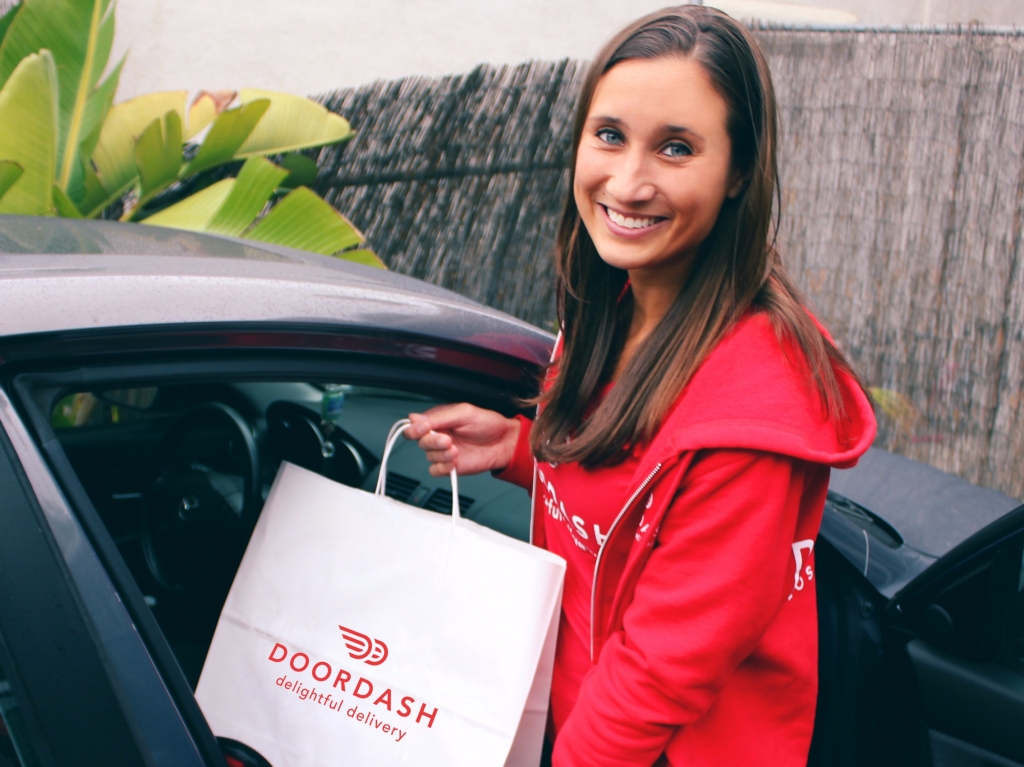GrubHub and more hit with suits challenging worker status
Worker classification has been a hot button topic in the on-demand economy, with entire business models and company valuations at risk of being shaken by lawsuits such as the ones filed against GrubHub and Uber.
Three on-demand food delivery companies – GrubHub (GRUB), DoorDash and Caviar – were hit with lawsuits Wednesday in a San Francisco Superior Court.
Shannon Liss-Riordan, a Boston-based labor lawyer, filed the suits against the two companies, seeking class action status. The lawsuits allege that DoorDash and GrubHub are misclassifying delivery drivers as independent contractors instead of direct employees.
“[They’re] trying to use the excuse that there’s something new and different – the so-called “on-demand economy” – and that they’re somehow licensed to ignore the wage laws”, she added.
GrubHub – which went public in April 2014 – hires contract workers to deliver food ordered from restaurants that may not have their own delivery services.
In September, Liss-Riordan’s case against Uber was granted class-action status.
The argument is whether these delivery drivers should be W-2 employees, where companies withhold taxes and offer vacation days, versus independent contractors, a more flexible solution for many that does not offer any protections like unemployment or reimbursement of expenses.
The complaints filed against GrubHub and DoorDash are both class actions while the Caviar complaint is a demand for arbitration on behalf of a San Francisco driver.
Caviar and DoorDash did not immediately respond to a request for comment. “We filed a class action against Caviar earlier in the year and since the court said drivers would need to pursue claims individually in arbitration, we are doing that”, Liss-Riordan said by email. Liss-Riordan is also pursuing class action lawsuits over independent contractor classification against Uber, Lyft, and Postmates.
Liss-Riordan said this practice isn’t uncommon. According to analysis conducted by Fortune, the cost to Uber of reclassifying its drivers as employees would amount to $4.1 billion, which could prove a major headache for the firm and stifle growth.








